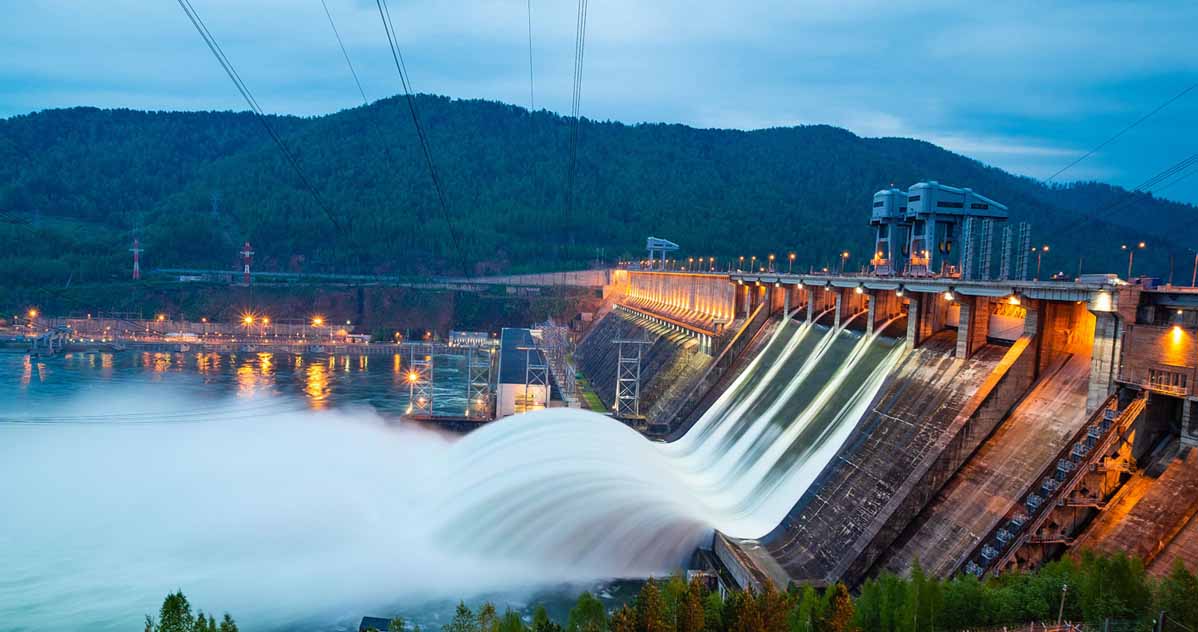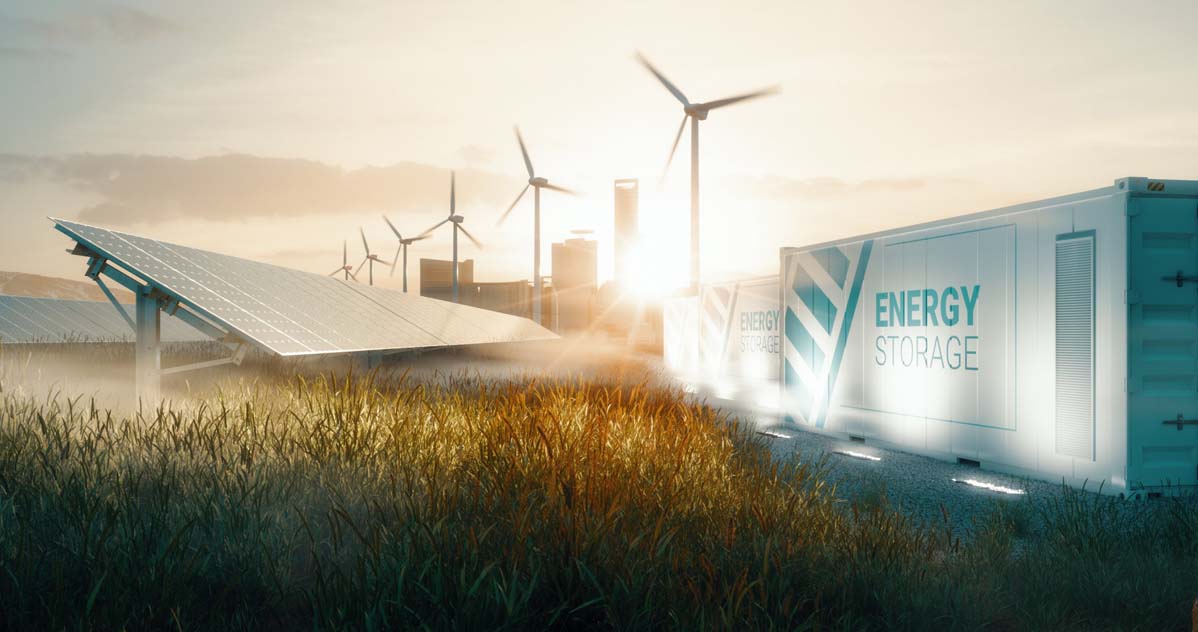Shams Power: Different Aspects of Renewable Energy in Pakistan
Renewable energy plays an increasingly significant role in Pakistan's energy landscape as it seeks to diversify its energy sources, reduce dependence on fossil fuels, and mitigate climate change. With its abundant natural resources and growing energy needs, Pakistan has recognized the potential of renewable energy and has taken several measures to harness this clean and sustainable energy. This article explores Pakistan's different aspects of renewable energy, including solar, wind, hydro, and biomass energy.
Solar Energy
Given the country's geographical location and ample sunlight, solar energy is one of Pakistan's most promising renewable energy sources. The government has implemented various initiatives to promote solar energy, such as the Alternative Energy Development Board (AEDB) and the Solar Pakistan Program. These programs aim to facilitate the installation of solar panels for residential, commercial, and industrial purposes, as well as establishing large-scale solar power plants. The Quaid-e-Azam Solar Park in Bahawalpur, one of the largest solar parks in the world, is a notable example of Pakistan's commitment to solar energy.
Wind Energy
Pakistan has a vast potential for wind energy generation, particularly in coastal and hilly regions. The country has made remarkable progress in harnessing wind power by constructing wind farms in Sindh and Balochistan provinces. Due to its strong and consistent winds, the Gharo-Keti Bandar Wind Corridor in Sindh is considered a prime location for wind power projects. These wind farms contribute significantly to the national grid, reducing the country's reliance on fossil fuels and decreasing carbon emissions.
Hydro Energy
Hydropower has been a traditional energy source in Pakistan, with several large dams and projects already in operation. The Indus River, which flows through Pakistan, provides ample opportunities for hydropower generation. The Tarbela Dam and the Mangla Dam are two of the most significant hydropower projects in the country. To further tap into this renewable energy source, Pakistan is also exploring smaller-scale hydropower projects, including micro and mini hydropower plants, which can provide electricity to remote and off-grid areas.
Biomass Energy
Biomass energy holds significant potential in rural areas of Pakistan, where agriculture and livestock farming are prevalent. Biomass, such as crop residues, animal waste, and wood, can be converted into energy through various processes like biogas plants and biomass-fired power plants. These initiatives provide an environmentally friendly energy solution and benefit rural communities economically. Using biomass energy can help reduce the reliance on traditional fuels like firewood and coal, improving indoor air quality and reducing deforestation.
Government Initiatives and Policies
The government of Pakistan has taken several steps to promote renewable energy in the country. The National Renewable Energy Policy (2019-2030) outlines the targets and strategies for increasing the share of renewable energy in the national energy mix. The policy aims to achieve a 30% renewable energy share by 2030, focusing on solar, wind, and biomass energy. The government offers various incentives to attract investment in the renewable energy sector, including tax exemptions, tariffs, and net metering policies.
Challenges and the Way Forward
Despite the progress made in renewable energy, Pakistan faces several challenges in its adoption and implementation. Limited financial resources, outdated grid infrastructure, and bureaucratic hurdles often hinder the growth of renewable energy projects. Some renewable energy sources' intermittent nature and seasonality also challenge a reliable and consistent energy supply. However, these obstacles can be overcome through effective policy implementation, increased investment, and technological advancements.
Geothermal Energy
Pakistan is also exploring the potential of geothermal energy, which involves harnessing heat from the Earth's core. Although still in the early stages, geothermal power has the potential to provide a stable and continuous source of renewable energy, particularly in regions with geothermal reservoirs.
Energy Storage
One of the challenges associated with renewable energy is intermittency. Pakistan is exploring energy storage technologies, such as batteries and pumped-storage hydroelectricity, to store excess energy during peak generation periods and release it during high demand, ensuring a stable and reliable energy supply.
In conclusion, renewable energy has emerged as a viable and sustainable solution to Pakistan's energy needs. Solar, wind, hydro, and biomass energy contribute to the country's energy mix, reducing carbon emissions and promoting economic growth. The government's initiatives and policies have created a conducive environment for developing renewable energy projects, attracting investment, and fostering innovation. With continued efforts, Pakistan can exploit its renewable energy potential and pave the way toward a greener and more sustainable future.
.jpg)



.jpg)

Comments
Post a Comment